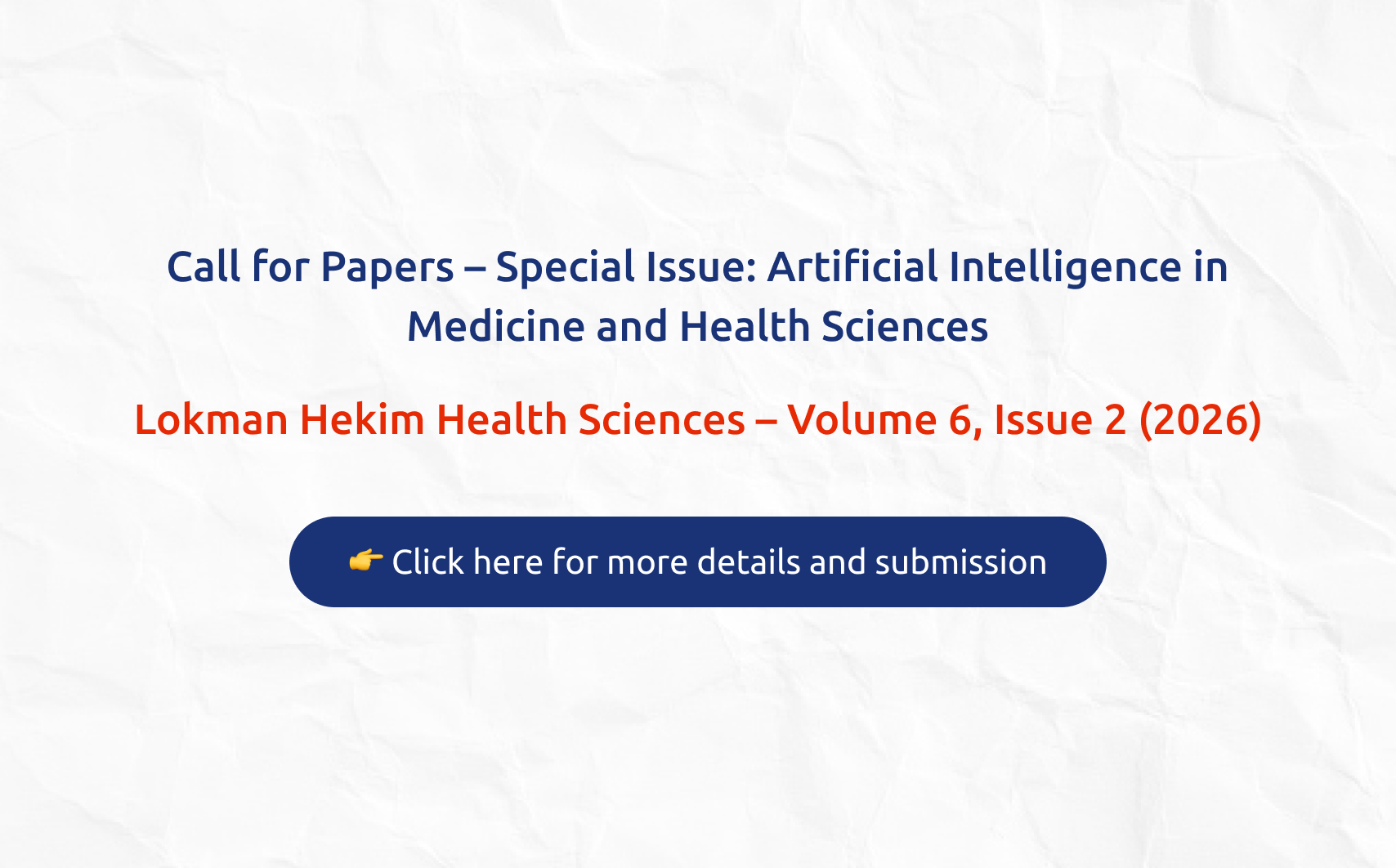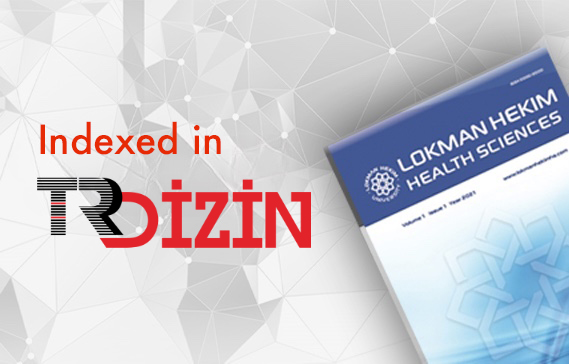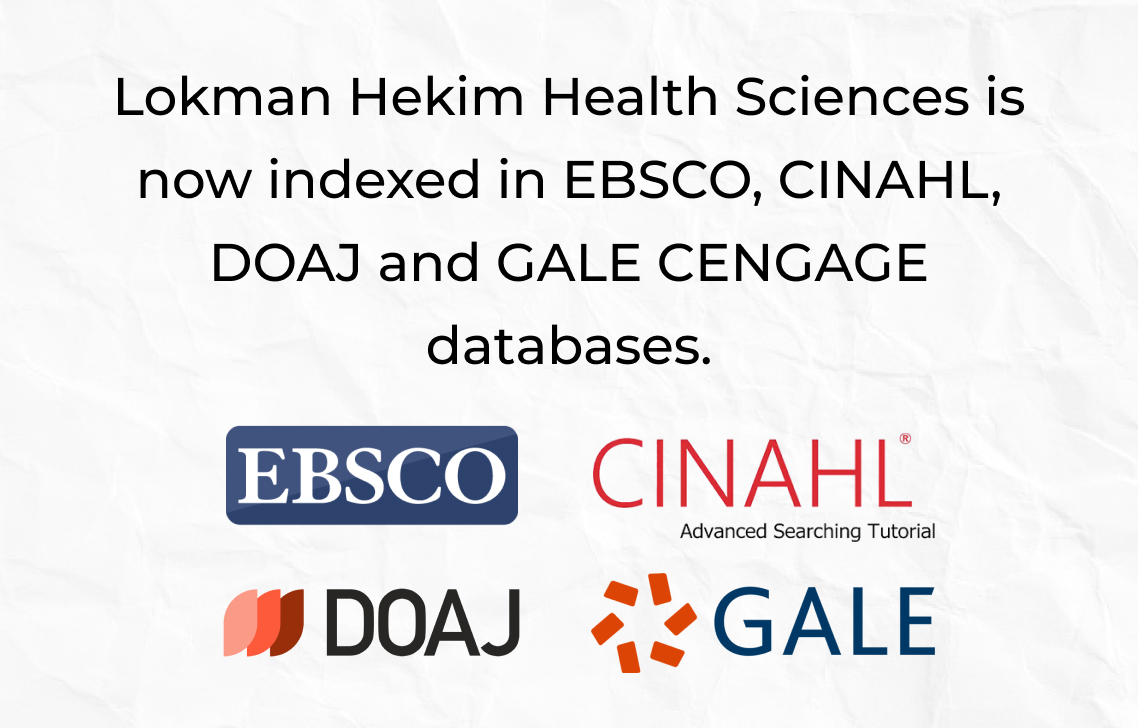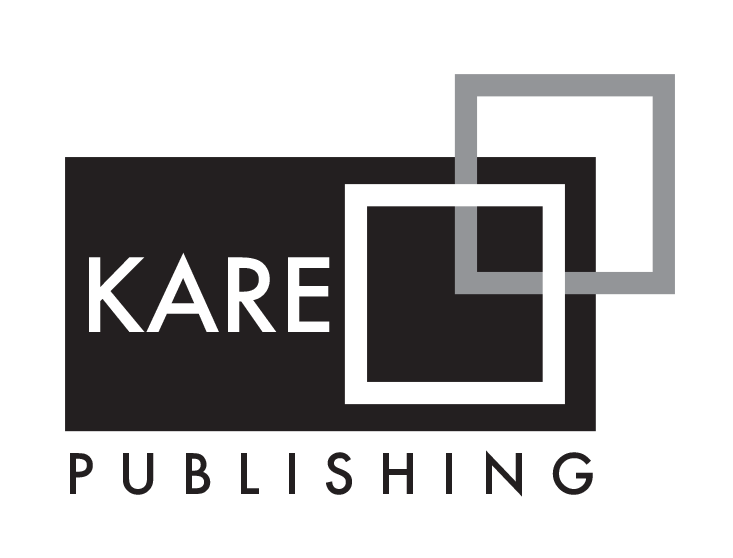2Bilge Çocuk Special Education and Rehabilitation Center, Ankara, Türkiye
3Trakya University, Faculty of Health Sciences, Department of Nutrition and Dietetics, Edirne, Türkiye
Abstract
Introduction: The aim of this study was to compare the osteoporosis knowledge, calcium intake, and physical activity level of the students of physical therapy and rehabilitation and nutrition and dietetics departments, which are among the occupational groups that play an important role in the prevention and management of osteoporosis.
Materials and Methods: This study was carried out with second-, third-, and fourth-grade female students of physical therapy and rehabilitation and nutrition and dietetics departments. Osteoporosis knowledge was evaluated using Osteoporosis Knowledge Test, physical activity level was evaluated using the Sedentary Behavior Questionnaire, and daily calcium intake was evaluated using the Food Consumption Frequency Form.
Results: The mean age of 209 female participants was 21.50±1.36 years. There was no significant difference between the students of the two departments in terms of osteoporosis knowledge, physical activity level, and calcium intake (p>0.05). There was no significant difference among students of different grades in terms of evaluated parameters (p>0.05).
Discussion and Conclusion: The osteoporosis knowledge, physical activity level, and calcium intake of the students studying in two different departments involved in osteoporosis management and at different grade levels were similar. Although osteoporosis knowledge of the students of both departments was high, their physical activity level and daily calcium intake were low. It is important for these students, who will be practitioners of professional groups that play a primary role in health promotion, to reflect their knowledge on their own attitudes and habits and to be the right role models for their clients and the development of social health.
2Bilge Çocuk Özel Eğitim ve Rehabilitasyon Merkezi, Ankara, Türkiye
3Trakya Üniversitesi Sağlık Bilimleri Fakültesi Beslenme ve Diyetetik Bölümü, Edirne, Türkiye
Giriş: Bu çalışmanın amacı, osteoporozun önlenmesi ve yönetiminde önemli rol oynayan meslek gruplarından fizik tedavi ve rehabilitasyon ile beslenme ve diyetetik bölümü öğrencilerinin osteoporoz bilgi, kalsiyum alım ve fiziksel aktivite düzeylerini karşılaştırmaktı.
Yöntem: Bu çalışma fizik tedavi ve rehabilitasyon ile beslenme ve diyetetik 2., 3. ve 4. sınıf kadın öğrencileriyle gerçekleştirildi. Osteoporoz bilgisi Osteoporoz Bilgi Testi ile, fiziksel aktivite düzeyi Sedanter Davranış Anketi ile ve günlük kalsiyum alımı Besin Tüketim Sıklığı Formu ile değerlendirildi.
Bulgular: 209 kadın katılımcının yaş ortalaması 21.50±1.36 idi. Osteoporoz bilgisi, fiziksel aktivite düzeyi ve kalsiyum alımı açısından iki bölüm öğrencileri arasında anlamlı fark yoktu (p>0.05). Farklı sınıflardaki öğrenciler arasında değerlendirilen parametreler açısından anlamlı fark yoktu (p>0.05).
Tartışma ve Sonuç: Osteoporoz yönetimi ile ilgili iki farklı bölümde ve farklı sınıf düzeylerinde öğrenim gören öğrencilerin osteoporoz bilgileri, fiziksel aktivite düzeyleri ve kalsiyum alımları benzerdi. Her iki bölüm öğrencilerinin osteoporoz bilgileri yüksek olmasına rağmen fiziksel aktivite düzeyleri ve günlük kalsiyum alımları düşüktü. Sağlığın geliştirilmesinde temel rol oynayan meslek gruplarının uygulayıcısı olacak bu öğrencilerin bilgilerini kendi tutum ve alışkanlıklarına yansıtmaları, danışanları ve toplum sağlığının gelişimi için doğru rol model olmaları önemlidir.






 Mustafa Sarı1
Mustafa Sarı1 









